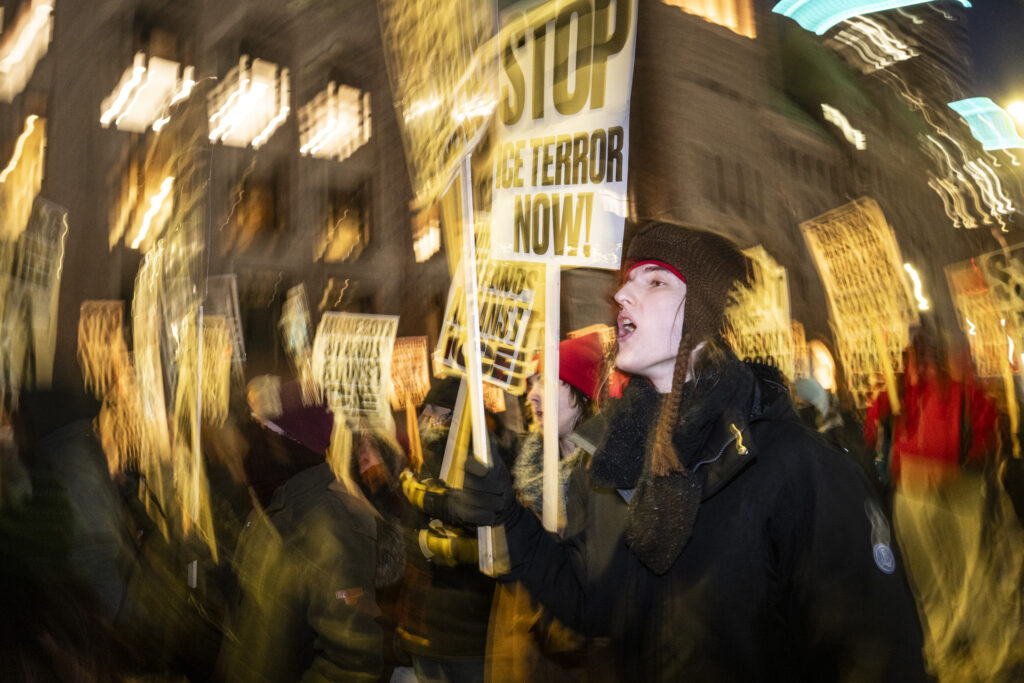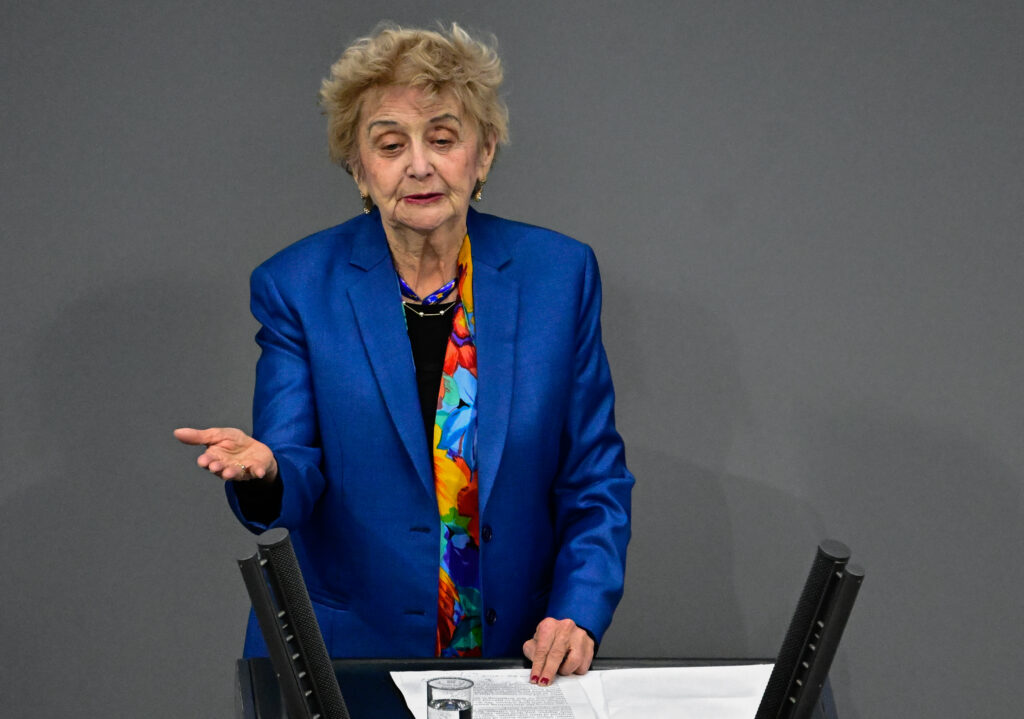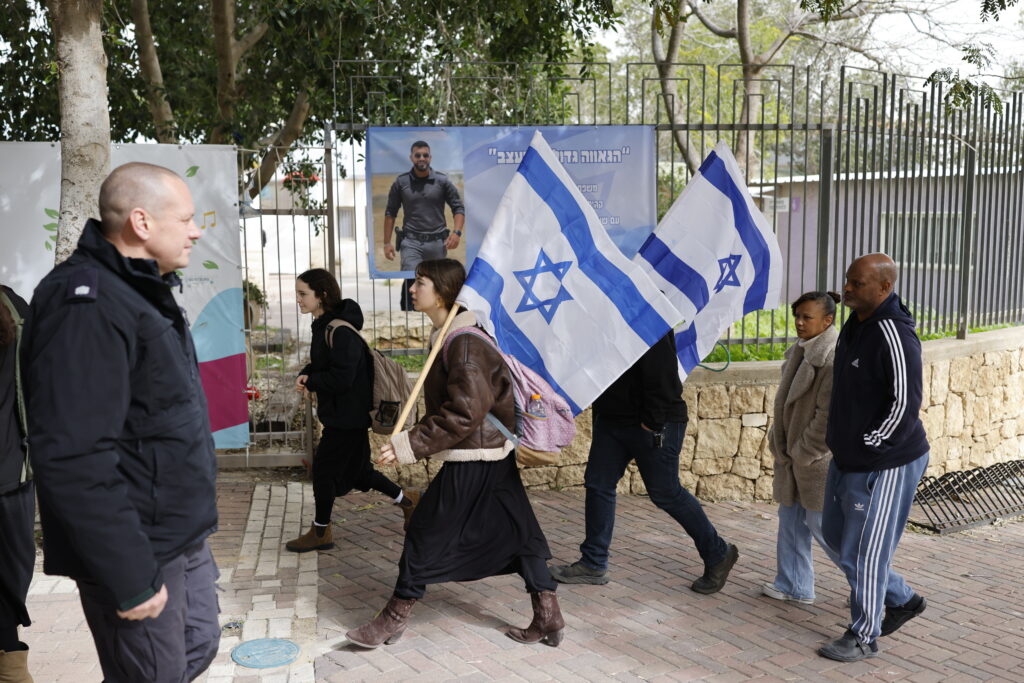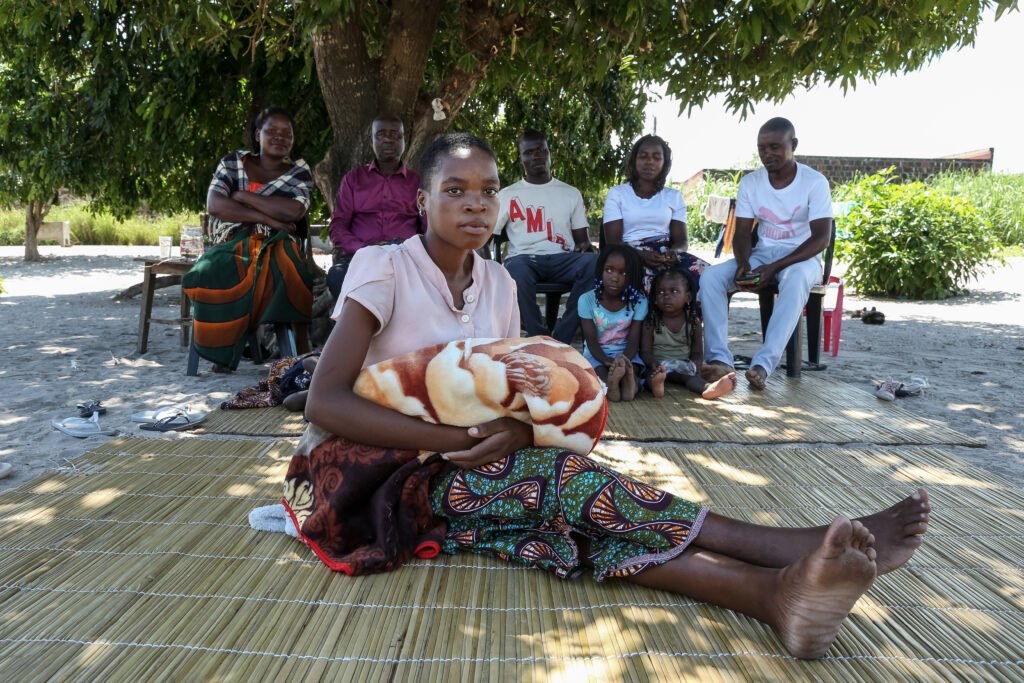Trump attaque le maire de Minneapolis, la “désescalade” fragilisée
La “petite désescalade” promise par Donald Trump à Minneapolis, où un infirmier a été tué par balles par des agents fédéraux, semble incertaine mercredi après des propos acerbes du président américain contre son maire.La ville de quelque 400.000 habitants reste sous le choc du décès d’Alex Pretti, 37 ans, tué par des agents de la police aux frontières (CBP), après celui de Renee Good, une mère de famille du même âge, le 7 janvier sous les balles de la police de l’immigration (ICE).Et alors que l’administration républicaine a paru vouloir apaiser une situation inflammable, en ville comme dans les cercles politiques à Washington, le président a menacé mercredi l’édile de Minneapolis.Jacob Frey avait affirmé la veille sur X qu’il “n’appliquait pas et n’appliquerait pas les lois fédérales sur l’immigration”.”Est-ce que quelqu’un (…) pourrait lui expliquer que cette déclaration constitue une violation très grave de la loi et qu’il JOUE AVEC LE FEU”, a lancé le chef de l’Etat sur sa plateforme Truth social.Mais Jacob Frey a enfoncé le clou peu après en soulignant sur X: “Le travail de notre police est d’assurer la sécurité des citoyens, pas de faire respecter les lois fédérales sur l’immigration”.La situation est désormais scrutée de près par les alliés traditionnels de Washington.”Ce que j’ai vu est évidemment préoccupant”, a déclaré le Premier ministre britannique Keir Starmer, deux jours après des propos du chancelier allemand Friedrich Merz, qui jugeait “inquiétant” le “niveau de violence” aux Etats-Unis.- “Assassin en puissance” -Mardi, la députée démocrate d’origine somalienne, Ilhan Omar, a été agressée lors d’une réunion publique. Un individu s’est précipité vers l’élue, brandissant une seringue remplie d’un liquide nauséabond non identifié, avant d’être maîtrisé. Indemne, cette figure de la gauche américaine a poursuivi son discours, réclamant d’abolir “une fois pour toutes” la police de l’immigration ainsi que la démission de la ministre de la Sécurité intérieure, Kristi Noem.La gauche s’oppose au déploiement d’agents fédéraux chargés d’arrêter les sans-papiers, comme l’a promis Donald Trump. Elle dénonce des objectifs contraires, selon elle, aux principes de la démocratie américaine.La liberté avec laquelle agissent des agents fédéraux souvent masqués ne cesse d’inquiéter. L’un d’eux a été refoulé alors qu’il tentait de pénétrer dans le consulat d’Equateur à Minneapolis, selon le ministère des Affaires étrangères de ce pays, allié de Washington.Et un homme de 34 ans a été blessé après un échange de tirs avec les agents de la CBP dans l’Arizona, frontalier du Mexique, selon les autorités locales.Les propos vindicatifs du milliardaire américain tranchent avec la volonté affichée la veille de calmer le jeu.Après avoir décrit ce week-end Alex Pretti comme un “assassin en puissance”, le très radical conseiller présidentiel Stephen Miller a fait savoir que les autorités examinaient “les raisons pour lesquelles l’équipe de la (…) CBP pourrait ne pas avoir suivi le protocole”.La Maison Blanche a ensuite rétropédalé, assurant qu’il faisait référence à des “directives générales” destinées aux agents de l’immigration, plutôt qu’à la mort d’Alex Pretti précisément.- “Insurgés rémunérés” -De fait, des vidéos analysées par l’AFP et d’autres médias décrédibilisent la thèse selon laquelle l’infirmier, qui portait légalement une arme, menaçait les forces de l’ordre.Deux policiers lui ont tiré dessus, cinq secondes après qu’un agent a lancé “il a un flingue!”, selon un rapport préliminaire du ministère de la Sécurité intérieure transmis au Congrès et révélé par des médias américains.C’est désormais Tom Homan, émissaire présidentiel, qui pilote l’opération antimigrants après le départ du très martial chef de la police aux frontières, Greg Bovino.”Bovino est très bon, mais c’est un type plutôt excentrique”, a dit Donald Trump sur la chaîne Fox News. Avant d’affirmer, sans preuves, que les manifestations au Minnesota avaient été infiltrées par des “insurgés rémunérés”.Le président n’entend donc pas infléchir sa politique. Mais les pouvoirs locaux poursuivent la lutte. Une juge du Minnesota doit trancher rapidement sur la demande du procureur général de l’Etat d’y suspendre l’opération anti-immigration.La justice a aussi bloqué l’expulsion de Liam Conejo Ramos, 5 ans, et de son père d’origine équatorienne, arrêtés la semaine dernière. La photo du garçonnet apeuré, bonnet bleu aux oreilles de lapin sur la tête, est devenue virale.bur-pel-ube-dla/bpe/ph




